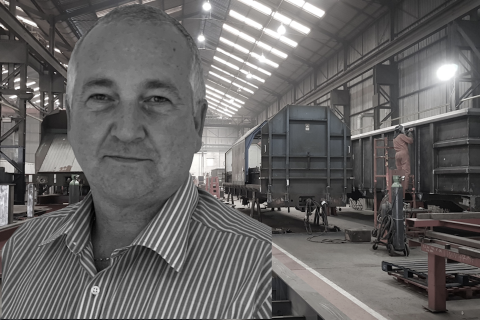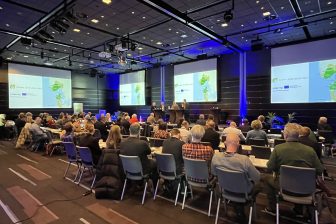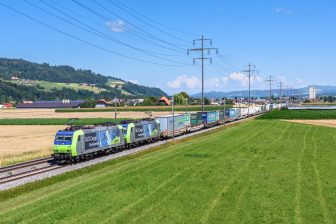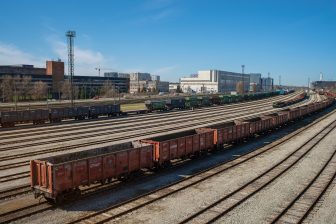
UK rolling stock specialist says manufacturing migrating eastwards
The days of large-scale freight wagon rolling stock building are over in the UK. This is the belief of Les Bryant, the group business development director at wagon builder WH Davis. All large volume manufacturing will be completed in the workshops of Eastern Europe and Asia, with the trend being for that work to go ever eastwards, he predicts. The future for British industry, he says, is in fulfilling lower-volume specialist orders. The East Midlands based company, which currently has a full order book, is the last independent freight rolling stock manufacturer in the UK.
Do you want to read the full article?
Thank you for visiting RailFreight.com. Become a member of RailFreight Premium and get full access to all our premium content.
Are you already a member?
Having problems logging in? Call +31(0)10 280 1000 or send an email to customerdesk@promedia.nl.




